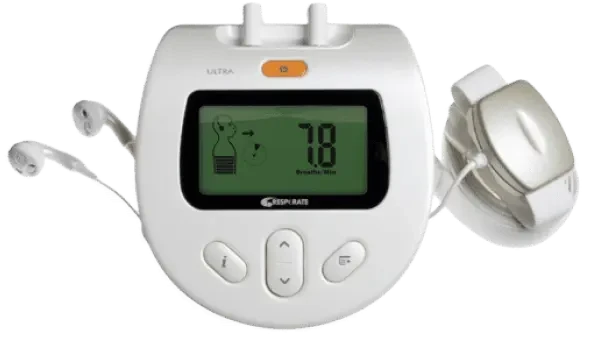Why Insomnia Now?
Are you finding that you are having more difficulty falling asleep than usual? Then you are not alone. In fact, since the advent of COVID-19, many people are reporting that they are suffering from insomnia. It would seem that many people have been traumatized emotionally and psychologically since the outbreak.
According to the Harvard Gazette we are experiencing an insomnia pandemic.
In fact my own sleep has been deteriorating since the outbreak. I admit that I frequently have difficulty sleeping. But since the “shelter at home” policy, my insomnia has wreaked havoc on my house. So what can we do to ensure that this global trauma does not continue to steal our sleep? Here are a few tips to help your get started.
Increased Screen Time
Since COVID-19 many people found themselves locked inside their homes have increased their computer screen time. With not much choice of activities outside we have become a nation of binge watchers. It seems that habit did not change after lock-down. The problem with increased screen time is that it affects the hormonal balance of melatonin in the brain. Your body needs dim light in order to start secreting melatonin. This process induces sleep. It is recommended that you discontinue your use of your laptop, phone, tablet, or television 30-60 minutes before bedtime.
Decrease Your Time Watching The News
We are a people that likes to stay informed about everything. But our news networks have glutted us with information concerning COVID-19. Yes I agree that it is important to stay informed. But at what point do we consider enough is enough? According to Harvard Health this information overload is causing increased stress and anxiety.
It is recommended that you decrease your news intake, especially before bedtime. Many people report that they are experiencing pandemic nightmares. Instead of suffering from information overload try reading a book, meditating, or listening to relaxing music before bedtime instead.
Get Some Type of Exercise
I know that getting exercise when you are told to shelter in place is difficult. But there are ways to exercise at home without getting outside. Even YouTube has exercise videos that you can use to help you get going.
John Hopkins University recommends that getting exercise is an important way that can help you combat insomnia. The good news: People who engage in at least 30 minutes of moderate aerobic exercise may see a difference in sleep quality that same night.
Don’t Ruminate Just Meditate
When we continue to hash things in our mind, especially at bedtime we increase our pre-sleep tension. With this heightened tension it is no wonder that we cannot fall asleep.
Meditation is an accessible, budget-friendly practice that everyone can try—insomnia sufferers of different ages respond well to the practice, including older adults. Though you can pay for meditative classes and books that teach you the practice, you can also search online for free apps and YouTube videos if you’d like to try it before you spend money on it.
Step Into The Light
It’s more difficult than usual when you’re confined to your house or apartment, but make it a point to get as much light as possible.
According to a study published in August 2019 in Somnologie, natural daylight at high intensities helps people fall asleep earlier, sleep longer, and log more quality sleep.
Be Patient With Yourself
Finally I want to tell you to be patient with yourself. We are under more stress than usual. I know from experience that becoming impatient when I try to fall asleep only makes matters worse. By trying these techniques it is my hope that we can all get the sleep we need. Although this is not an all inclusive list I hope it can get your started in sleeping better tonight.
 Eli Ben-Yehuda
Eli Ben-Yehuda 






Comments